Browse through our coffee varieties
Coffee Selections
Our Coffee Selections by Origin
We offer a range of exceptional coffee variety based on their origins and farm locations.
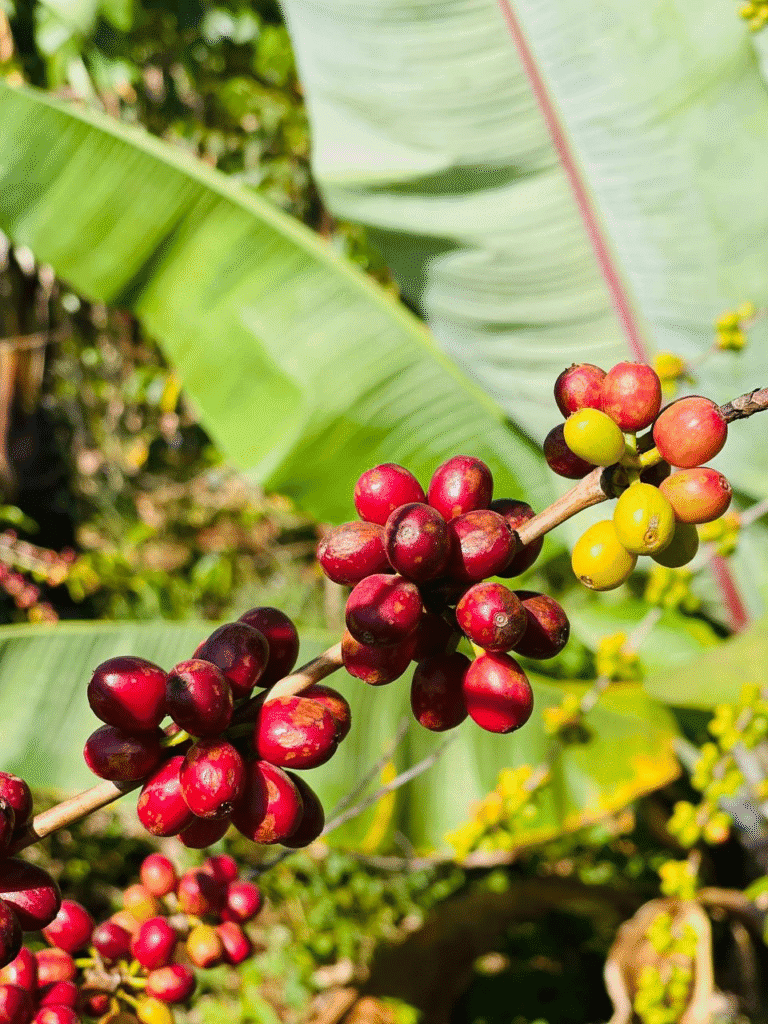
Guji
A gem from Ethiopia’s revered Guji Zone, it stands as a beacon of excellence among single-origin coffees.
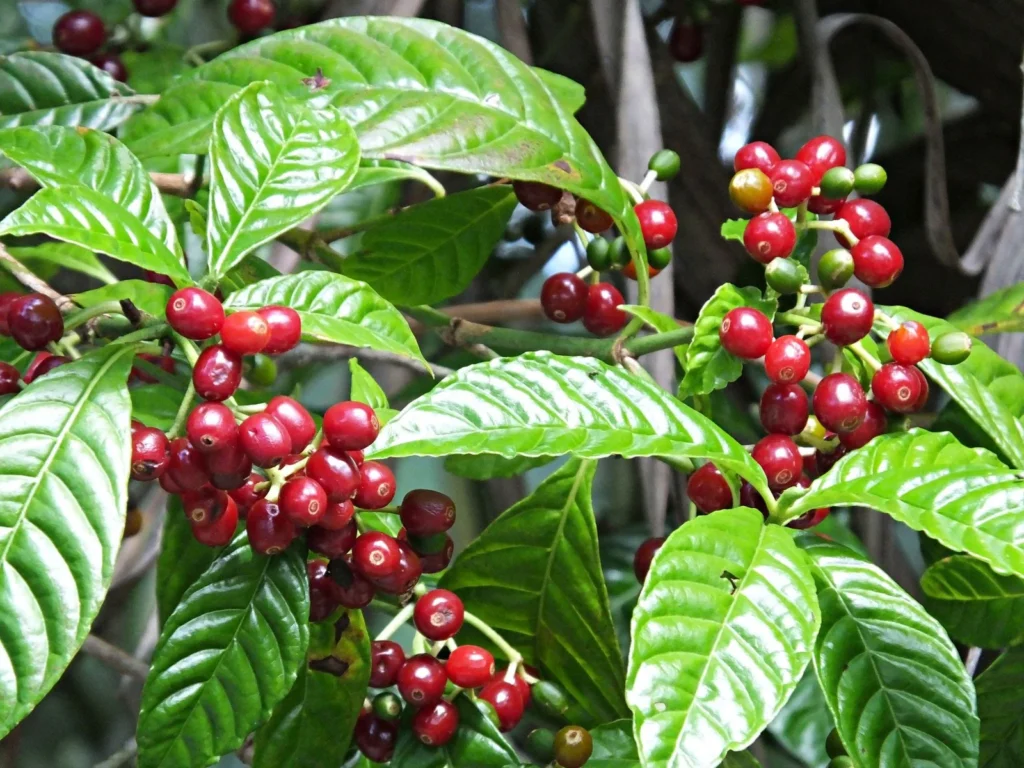
Yirgacheffe
Yirgacheffe’s bright acidic and aromatic floral coffee exemplifies the standards of Ethiopian coffee craftsmanship.
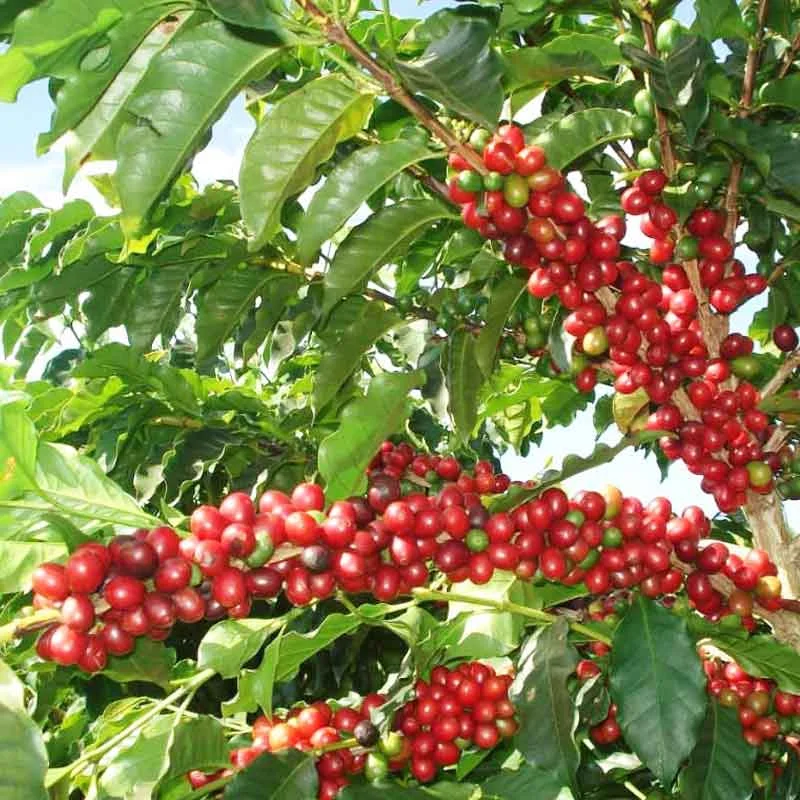
Sidama
Featuring exceptional washed and natural variants, Sidamo coffee is distinguished by its spicy and citrusy flavor.
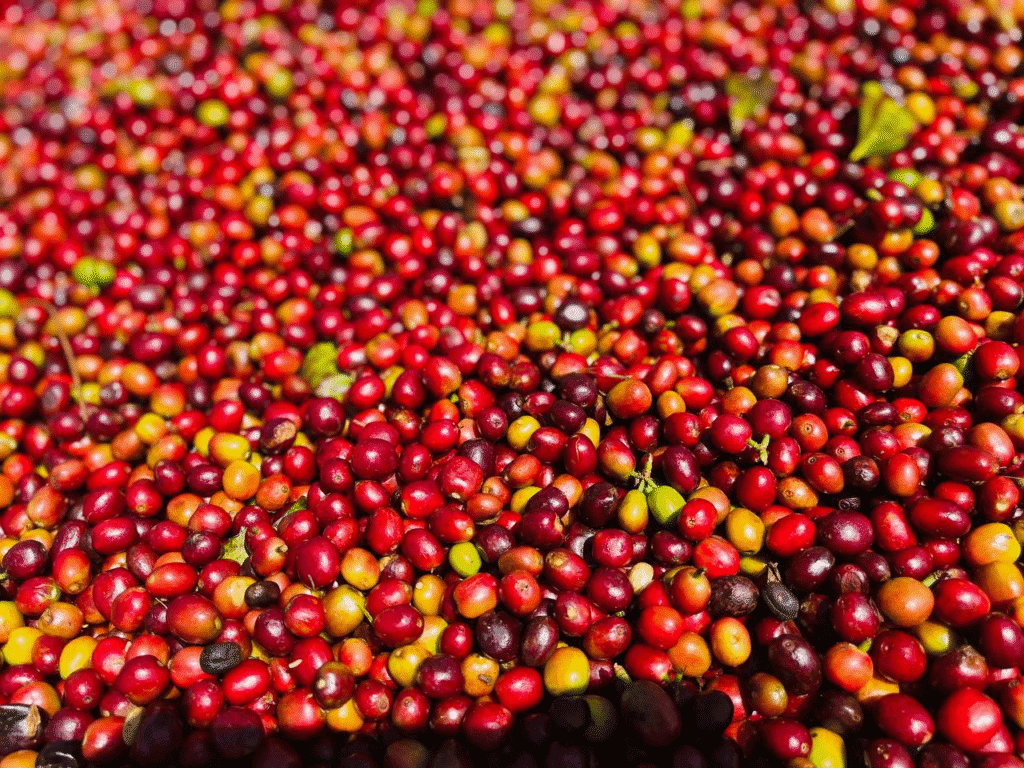
Limmu
Limmu coffee beans sourced here have a distinct roundish shape and reddish brown color, and are usually small to medium sized.
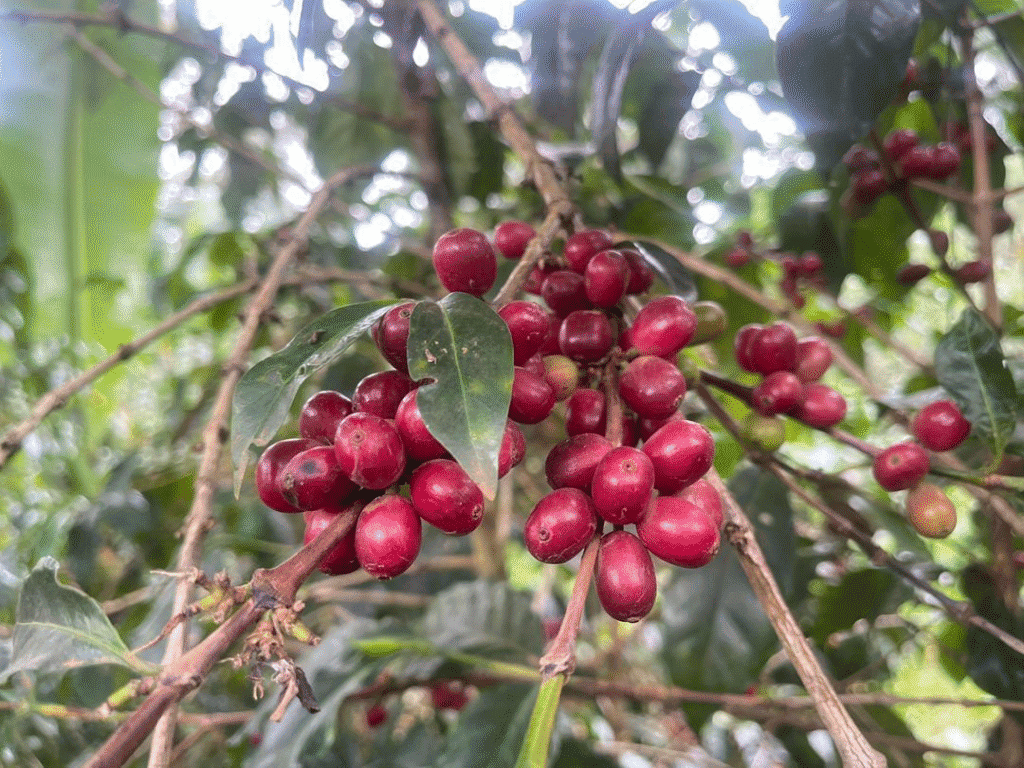
Bale
Known for its unique flavor profiles and semi-wild growing conditions, its often grown around Bale Mountains National Park area,
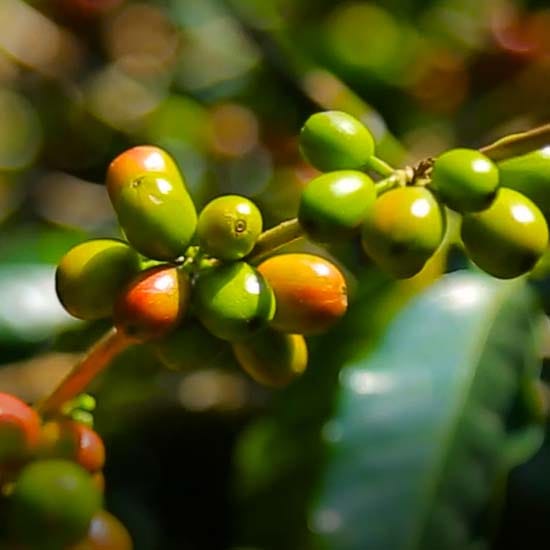
Jimma
Like other coffees from this region the beans produce a rather heavy bodied cup with wine-like aftertaste. A well known distinctive flavor.
Source your coffee selection today!
Select the coffee variety you want to source and we will ship it in no time.
Coffee Selections by Process
Coffee’s journey from farm to cup involves several critical steps, and the processing method plays a key role in shaping a coffee’s flavor profile. After harvesting, coffee cherries must be processed to remove the beans inside. The three most common methods—wet (washed), dry (natural), and anaerobic—each impart distinct characteristics to the final cup.
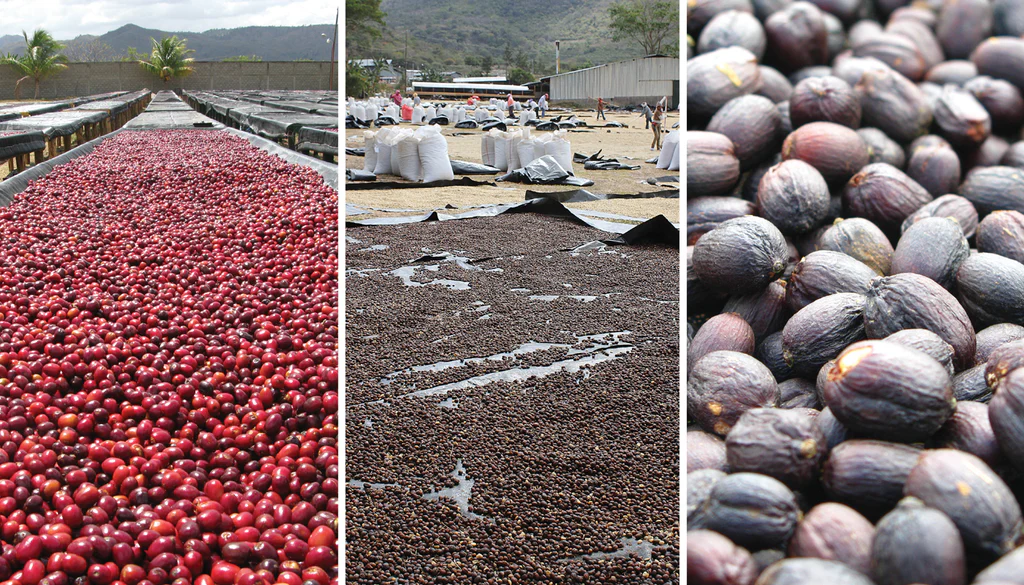
Dry (Natural) Processing
The dry or natural process is the oldest coffee processing technique. Here, whole cherries are spread out in thin layers and sun-dried, often on raised beds. The fruit remains on the bean during drying, which can take several weeks. As the cherries dry, sugars and flavors from the fruit are absorbed by the beans, resulting in coffees that are sweet, fruity, and full-bodied, but sometimes with more variability in flavor.
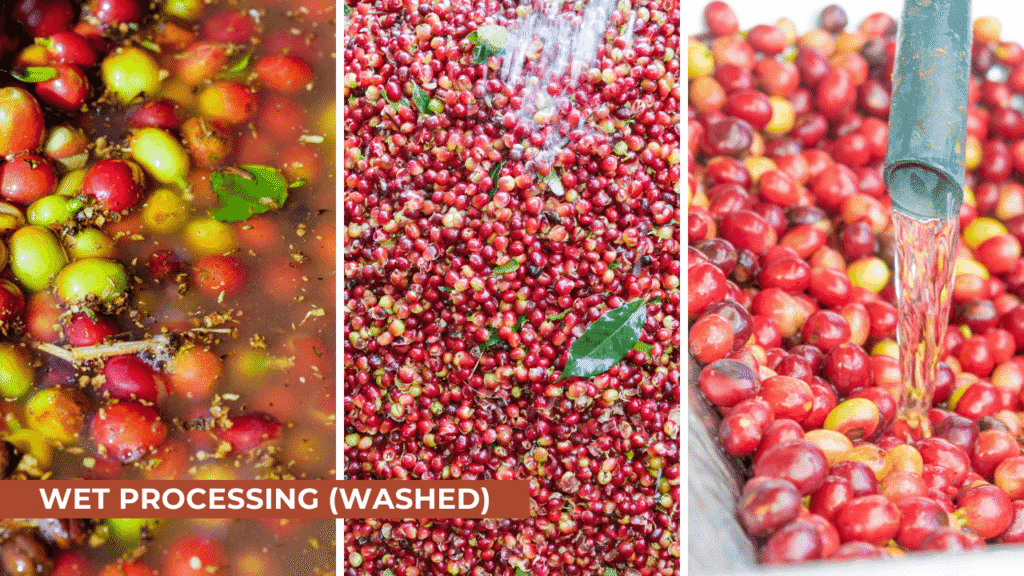
Wet (Washed) Processing
In the wet processing method, coffee cherries are pulped to remove the outer skin, and the beans are then fermented in water to break down the sticky mucilage layer. After fermentation, the beans are thoroughly washed and dried. This method tends to produce clean, bright flavors with pronounced acidity, making it a favorite for specialty coffees.
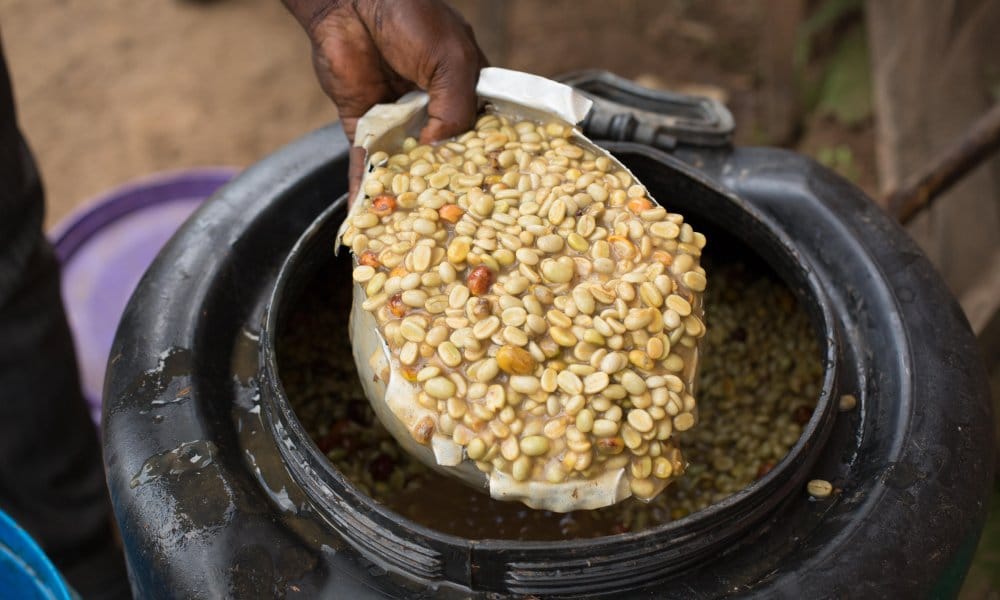
Anaerobic Processing
Anaerobic processing is a newer and innovative method where coffee cherries (whole or pulped) are placed in sealed tanks to ferment without oxygen (anaerobic conditions). This controlled environment allows for unique microbial activity, producing exotic and complex flavor profiles, often with enhanced sweetness and vibrant acidity. Anaerobic coffees are prized for their distinctiveness but require careful monitoring to prevent undesirable flavors.
Layodacha Coffee
Connect with us to explore how we can make your vision a reality. Join us in shaping the future.
